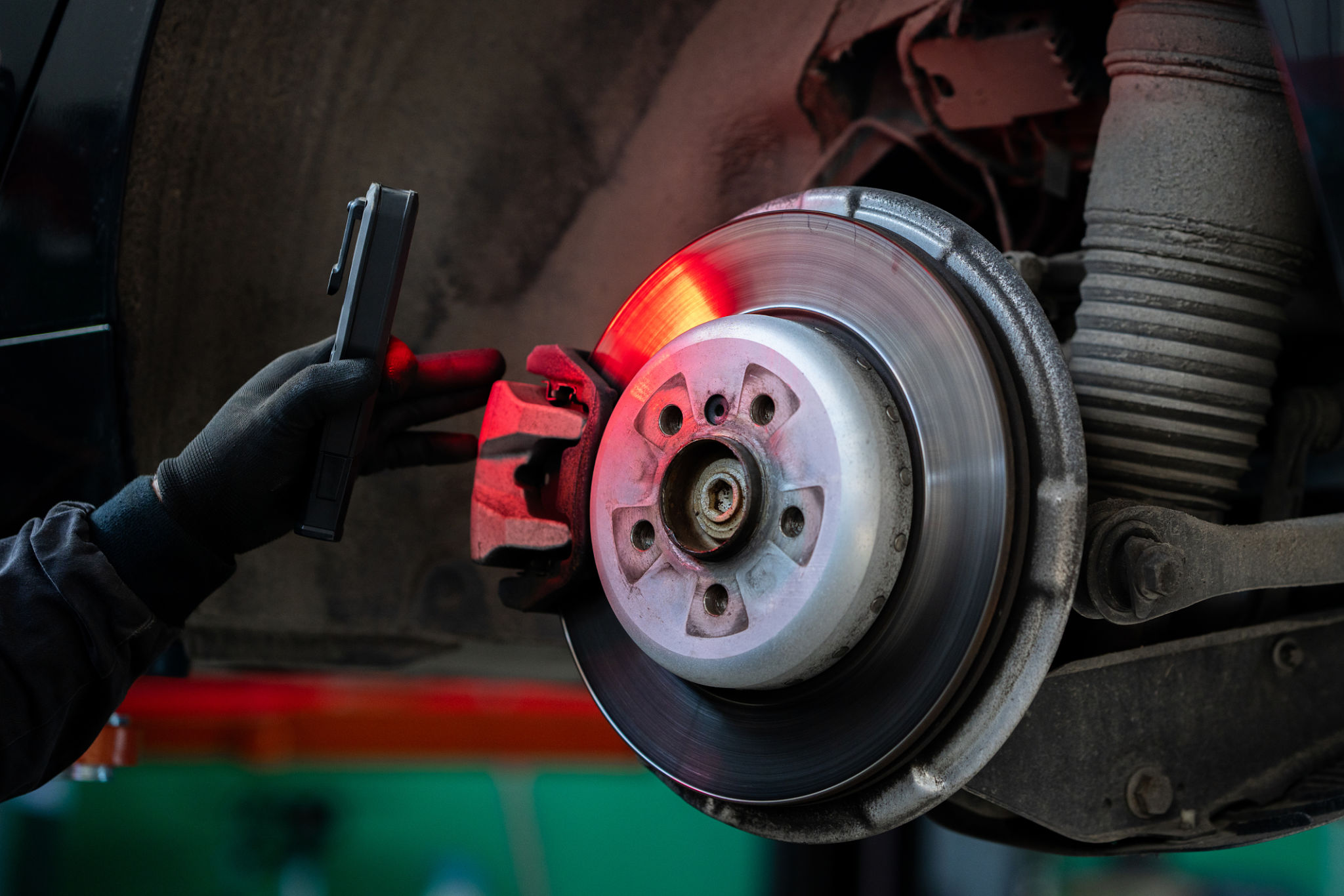Common Misconceptions About Car Parts and Maintenance
Understanding Car Parts and Maintenance
When it comes to car maintenance, misconceptions are surprisingly common. Many car owners unknowingly follow outdated advice that can lead to increased wear or unnecessary expenses. Here, we aim to debunk some of these myths and provide clarity on the essentials of car care.

Oil Change Frequency
One of the most prevalent misconceptions is the need to change your car's oil every 3,000 miles. While this was true for older models, advancements in engine technology and oil quality mean many modern cars can go 7,500 to 10,000 miles between oil changes. Always refer to your vehicle’s manual for manufacturer recommendations.
Ignoring this advice can lead to over-servicing, wasting time and money. On the other hand, ignoring oil changes altogether can result in poor engine performance and potential damage.
Fuel Additives and Premium Gas
Another common myth is that using premium gas will improve performance in any car. The truth is, unless your vehicle specifically requires premium fuel, using it won't provide any significant benefit. In fact, it might just lead to higher expenses without any real performance gain.

Fuel additives are also often touted as miracle solutions for improved performance. While some additives may help in specific situations, they are generally unnecessary for vehicles that are well-maintained and regularly serviced.
Brake Pads and Replacement Timing
Many drivers believe that brake pads need replacement as soon as they start making noise. However, not all noises indicate a problem. Some brake pads are designed to make a slight noise when they wear down to alert the driver. It's crucial to understand the type of brake system your vehicle uses and monitor performance rather than relying solely on sound.
If you're unsure, it's always wise to consult with a professional mechanic to avoid unnecessary replacements.

Battery Lifespan
A common misconception is that car batteries need replacement every two years. In reality, most batteries last between three to five years, depending on usage and environmental conditions. Regularly checking your battery’s health can prevent unexpected breakdowns and extend its life.
Simple measures like ensuring the battery is securely mounted and keeping terminals clean can make a significant difference in performance.
Tire Maintenance and Rotation
Many drivers overlook the importance of regular tire rotation. Rotating tires every 6,000 to 8,000 miles helps ensure even wear, extending their lifespan and improving safety. Additionally, maintaining proper tire pressure not only enhances fuel efficiency but also provides better handling.

By addressing these misconceptions and following accurate maintenance guidelines, car owners can ensure their vehicles operate efficiently and safely for many years. Regular consultation with a trusted mechanic and adherence to your car’s maintenance schedule are key components of effective car care.